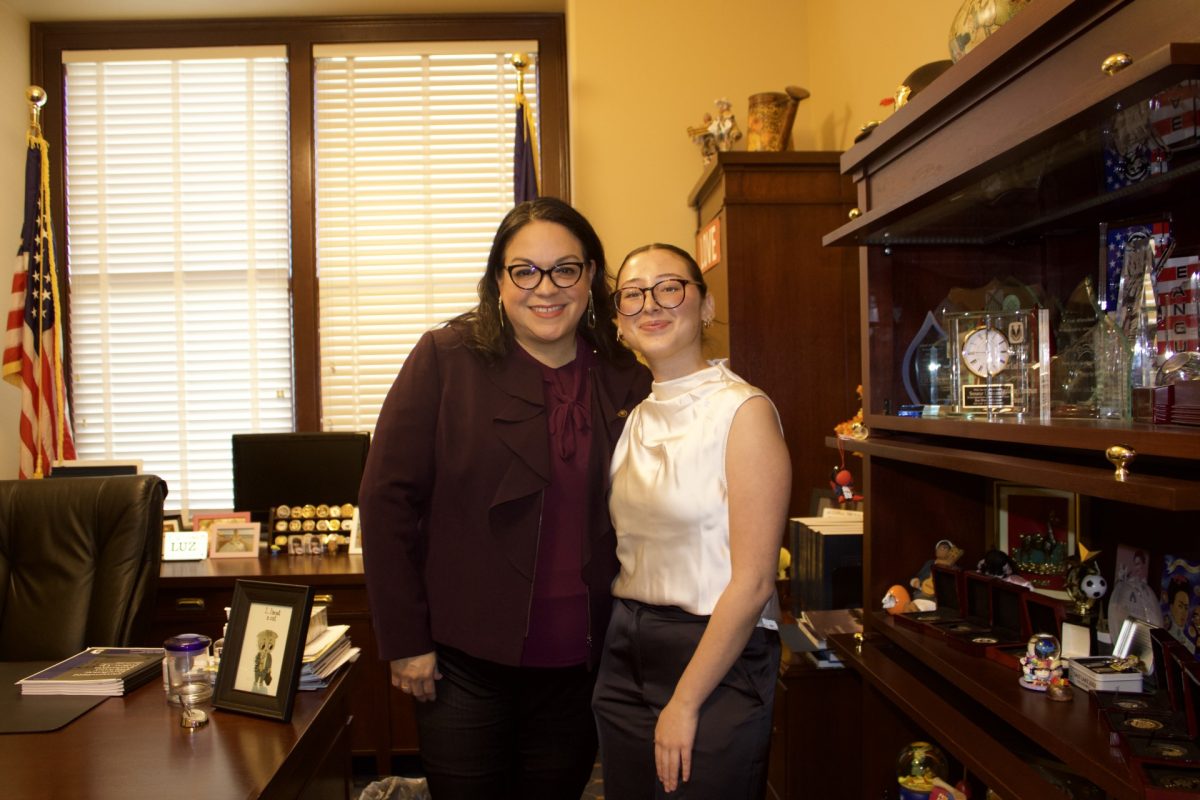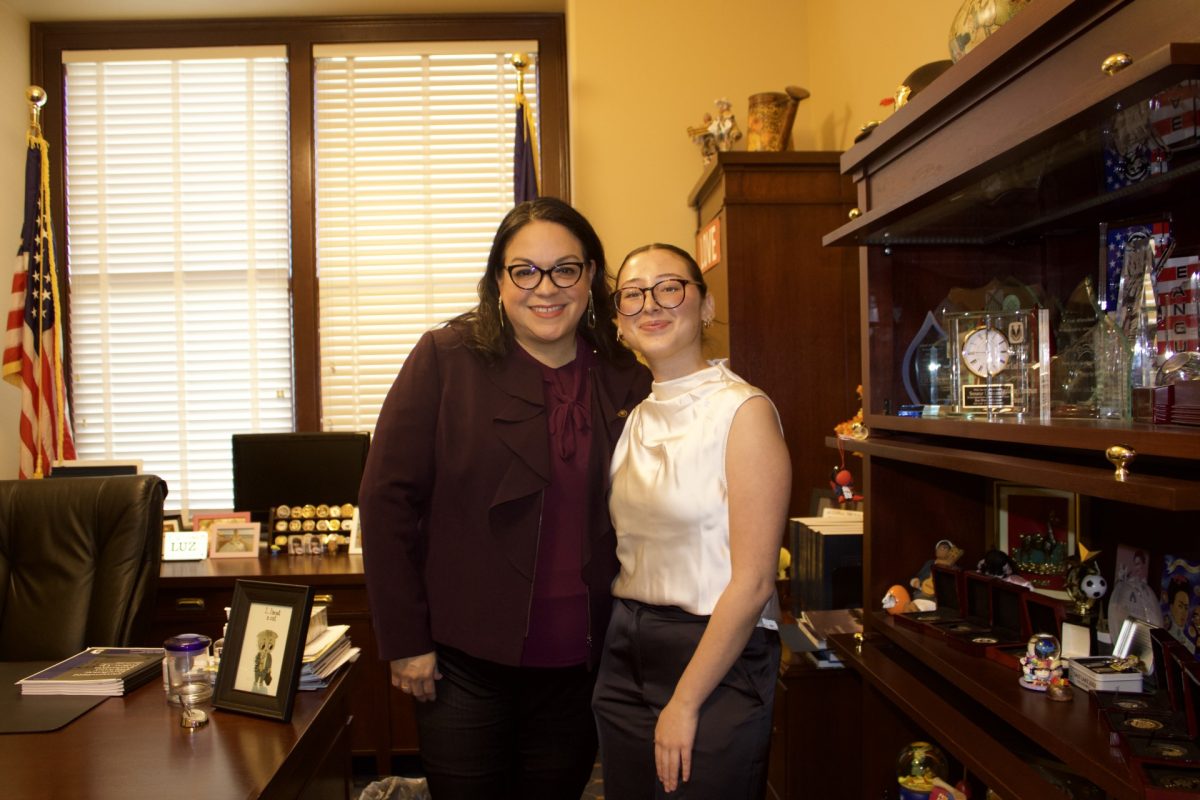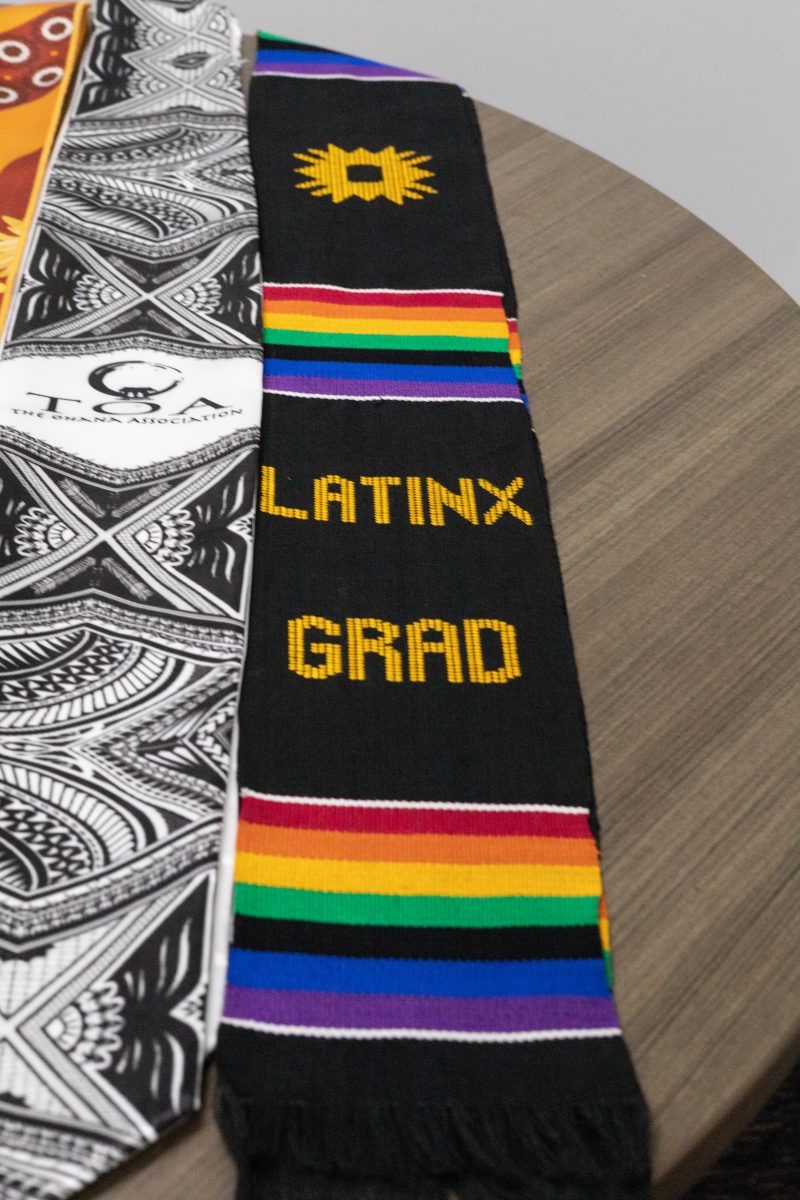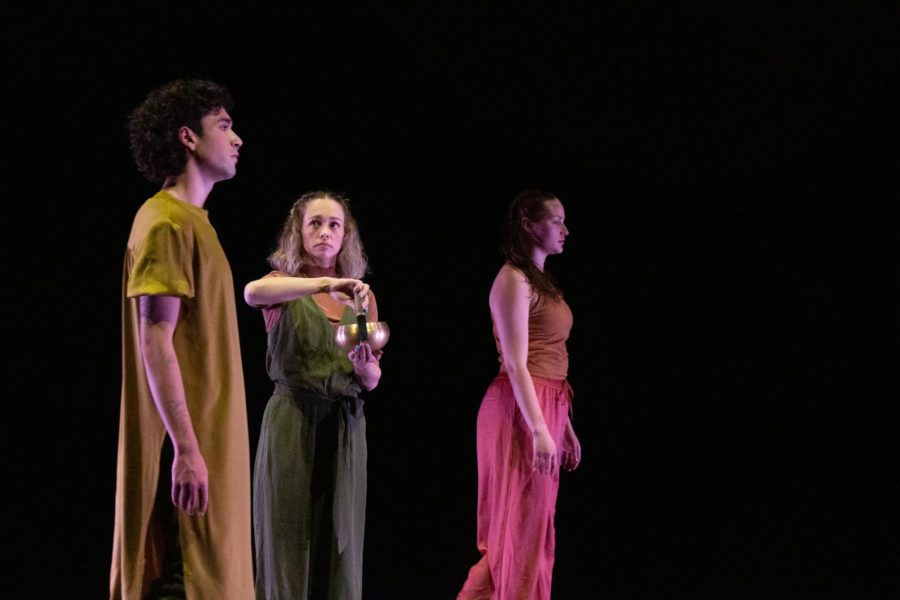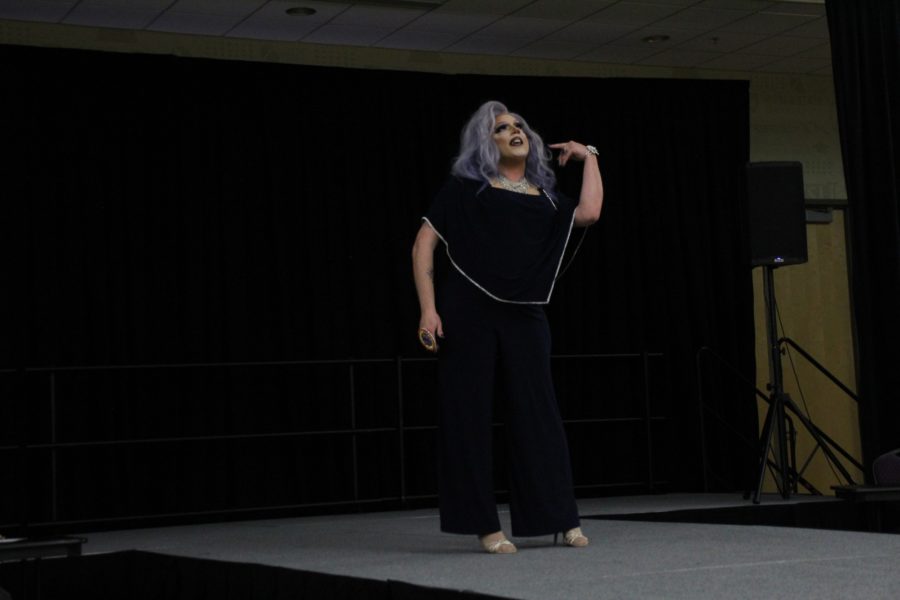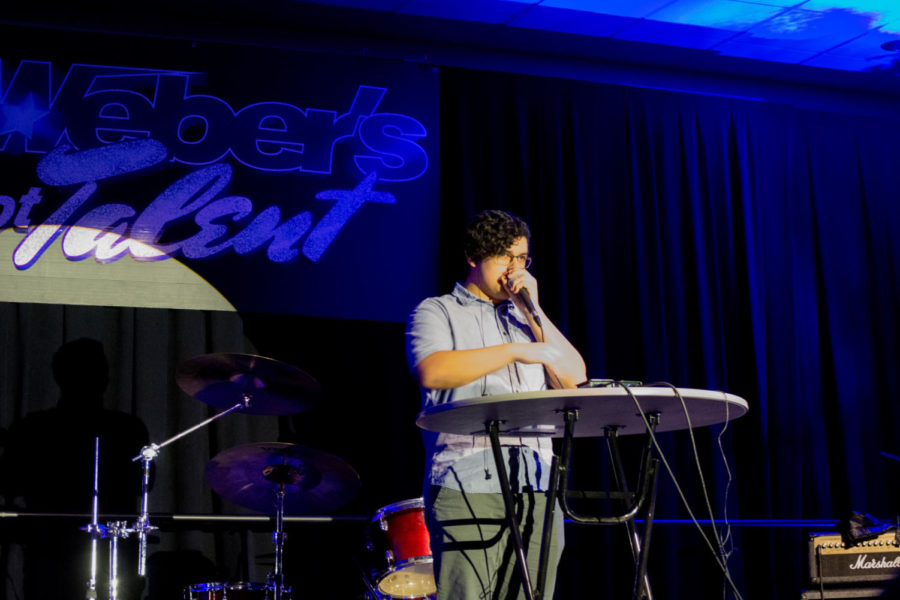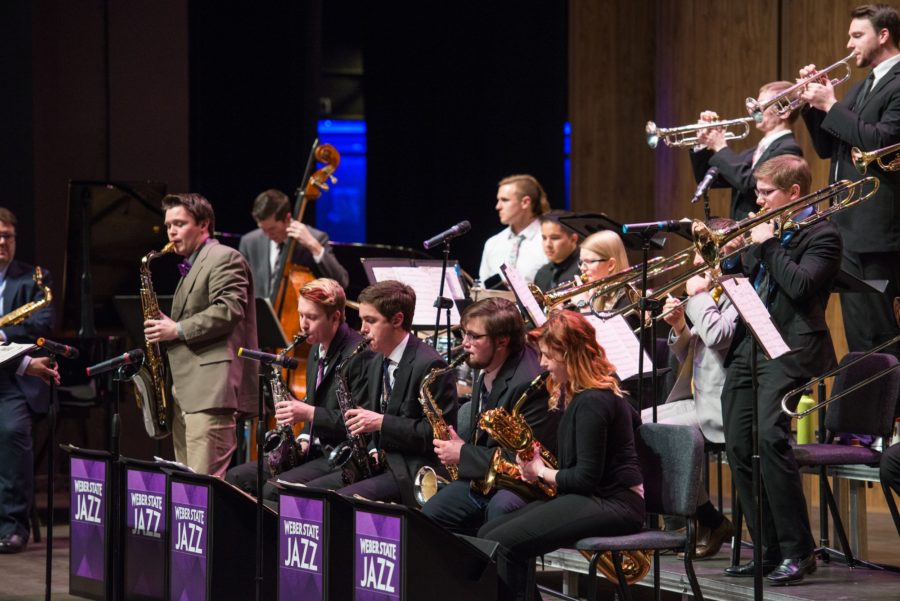
The last concert of the Browning String Quartet’s season lineup has a lot of new material, according to Michael Palumbo, longtime viola player of the group.
“Though we have done themes in the past, mostly everyone (in the group) will say, ‘Well, maybe we should try this piece, and maybe this piece’, and we come to a consensus after we’ve read several pieces of music,” he said. “It’s truly a group effort.”
Palumbo said this particular concert will last about an hour.
“We’re doing a Beethoven quartet, and then we are doing a Grieg quartet,” he said.
Palumbo indicated Grieg is a well-known Norweigian composer “whose music tends to be somewhat nationalistic, but he spans a wide variety of genres in his music style — from chamber music to his piano concerto, (which is) his most familiar piece for the general populace. . . . As a composer, he had to write music to earn a living, and so you have to be willing to write, a lot of times, what people are willing to hear.”
In the 17th and 18th centuries, Palumbo said, composers like Beethoven were not sponsored. Most composing that took place after church or court sponsorship headed in this direction — that is, composers had to write music on commission, as requested by a certain person for a certain occasion.
“This Beethoven quartet, I’m honestly not clear if it was written on commission (for Count Romaneski) or to curry favor with the count to get more business,” Palumbo said. “. . . With Grieg, I don’t know why he wrote it, but it’s his only one. I suspect he just wanted to try his hand at it. Once you establish your reputation as a composer, it becomes easier to sell your music. Beethoven wrote his nine symphonies with the idea that they would sell . . . and then the populace decided if they liked it.”
Palumbo said a lot of composers’ work wasn’t appreciated until after their deaths, going unpublished and unperformed. While a composer’s work might be around for a long time before being performed, the Browning String Quartet does not wait to be commissioned to perform; its work is voluntary. Though the quartet has been around for a long time, it was under the name the Faculty String Quartet until just about six years ago, when the members asked the Browning Foundation if they could take on the name of the Browning String Quartet. Though the quartet has gone through various members, Palumbo is currently the longest-standing member. He said he feels playing in a quartet is some of the most enjoyable playing because of the tight, intimate playing capability of the members.
“It’s been a real lot of fun for me,” he said. “Chamber music, for me, is the best part of performing . . . a small group of people performing with each other . . . and I hope to be able to continue doing some kind of chamber music (after his retirement this semester). . . . In a sense, everyone is a conductor in a quartet; everybody has their input. It’s absolutely a collaboration.”
The Browning String Quartet will perform its last concert of the season on April 3 at 7:30 p.m. in the Garrison Choral Room (Browning Center Room 136) and is free to the public.






